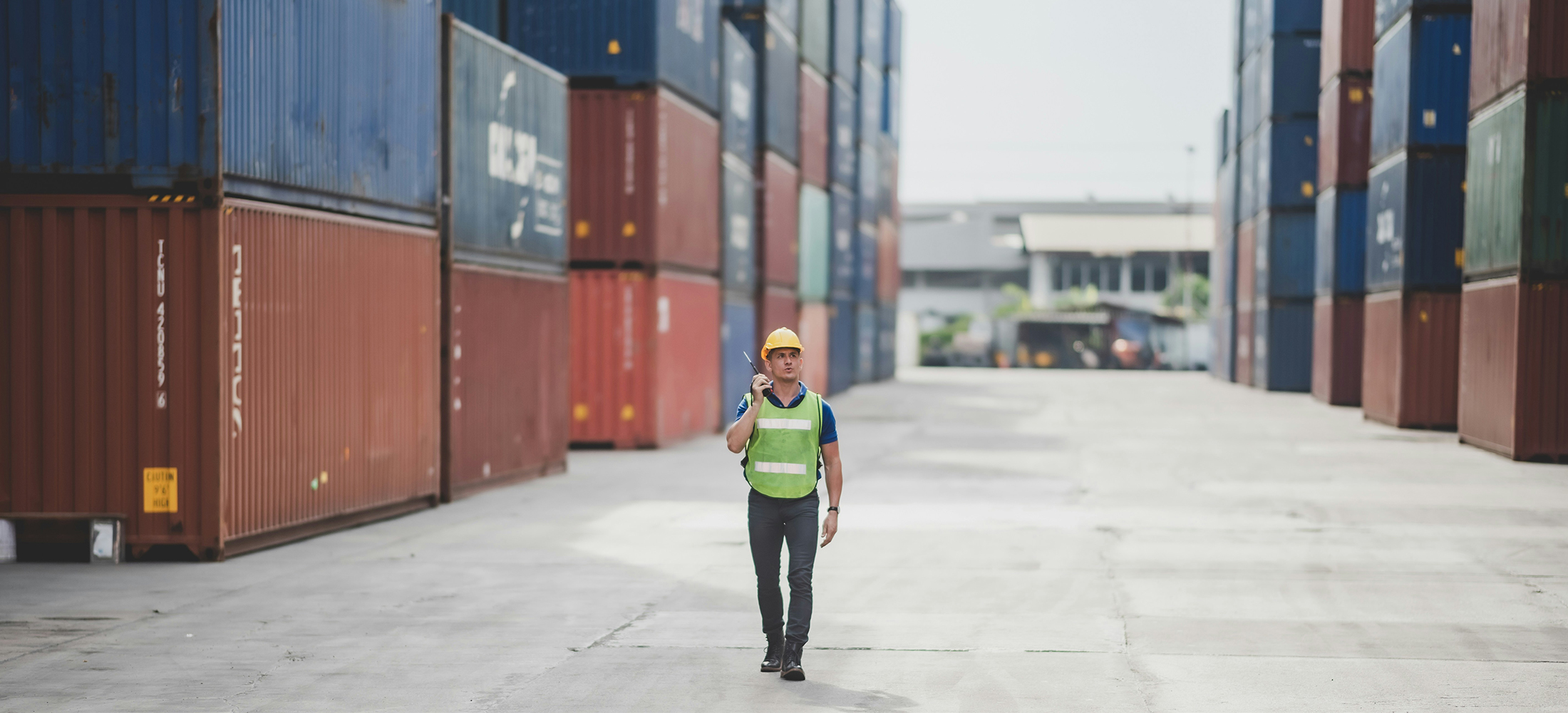As global trade continues to evolve, new customs regulations and procedures will come into effect from January 2025, impacting businesses, importers, exporters, and logistics providers worldwide. These changes will influence how goods are shipped, cleared, and taxed at borders. Understanding and preparing for these updates is essential to avoid delays, penalties, and additional costs.
Here’s a breakdown of the key customs changes businesses should be aware of:
- UK Border Target Operating Model (BTOM) – Full Implementation
The UK government is introducing stricter import checks as part of its post-Brexit border strategy, especially for food, plant, and animal-based products.
Key changes:
Enhanced Sanitary and Phytosanitary (SPS) controls for high-risk goods.
More digital documentation and declarations required for imports.
New risk-based border checks that could impact transit times.
- EU’s Import Control System 2 (ICS2) – Phase 3 Expansion
The European Union is rolling out new security and customs procedures under ICS2, which will affect all businesses importing goods into the EU.
What’s changing?
More detailed pre-arrival security data will be required for shipments.
Freight forwarders, postal services, and logistics providers must comply with enhanced customs filing requirements.
Non-compliance may lead to shipment delays or refusals at EU borders.
- Potential Changes to US De Minimis Threshold
The U.S. government is reviewing the de minimis threshold (currently $800), which allows small-value shipments to enter duty-free.
Possible impacts if changes are implemented:
More shipments may become subject to duties and taxes.
Additional customs processing for low-value goods.
E-commerce businesses may face higher costs for US-bound shipments.
- Expansion of Carbon Border Adjustment Mechanism (CBAM) in the EU
Environmental policies are tightening, with the EU’s CBAM becoming fully implemented in 2025. This will impact businesses exporting to the EU, particularly in industries such as steel, cement, aluminum, and fertilizers.
What’s changing?
Importers will need to track and report carbon emissions for certain goods.
Higher costs for high-carbon imports may be imposed.
Businesses must provide verified carbon footprint data for affected products.
- Digital Customs & Paperless Trade Requirements
Governments and customs authorities are accelerating the shift towards fully digital customs declarations, aiming to streamline border processing.
Key updates:
Electronic customs filings will become mandatory in more regions.
Businesses that rely on paper-based processes may face clearance delays.
Customs authorities are integrating AI and automation to improve trade facilitation.
- Expanding Trade Tariffs & Restrictions
Governments worldwide are introducing new tariffs, anti-dumping duties, and trade restrictions on certain imports and exports.
Potential impacts:
New tariffs on electronics, electric vehicles, and steel products in key markets.
Stricter customs inspections on high-risk goods.
Trade tensions between major economies could disrupt global supply chains.
Staying ahead of these regulatory shifts will help businesses maintain smooth global trade operations in 2025 and beyond.
Need help preparing for the 2025 customs changes? Contact our UK freight forwarding team today! If you would like to discuss this further please contact us to arrange a consultation with one of our experts.









